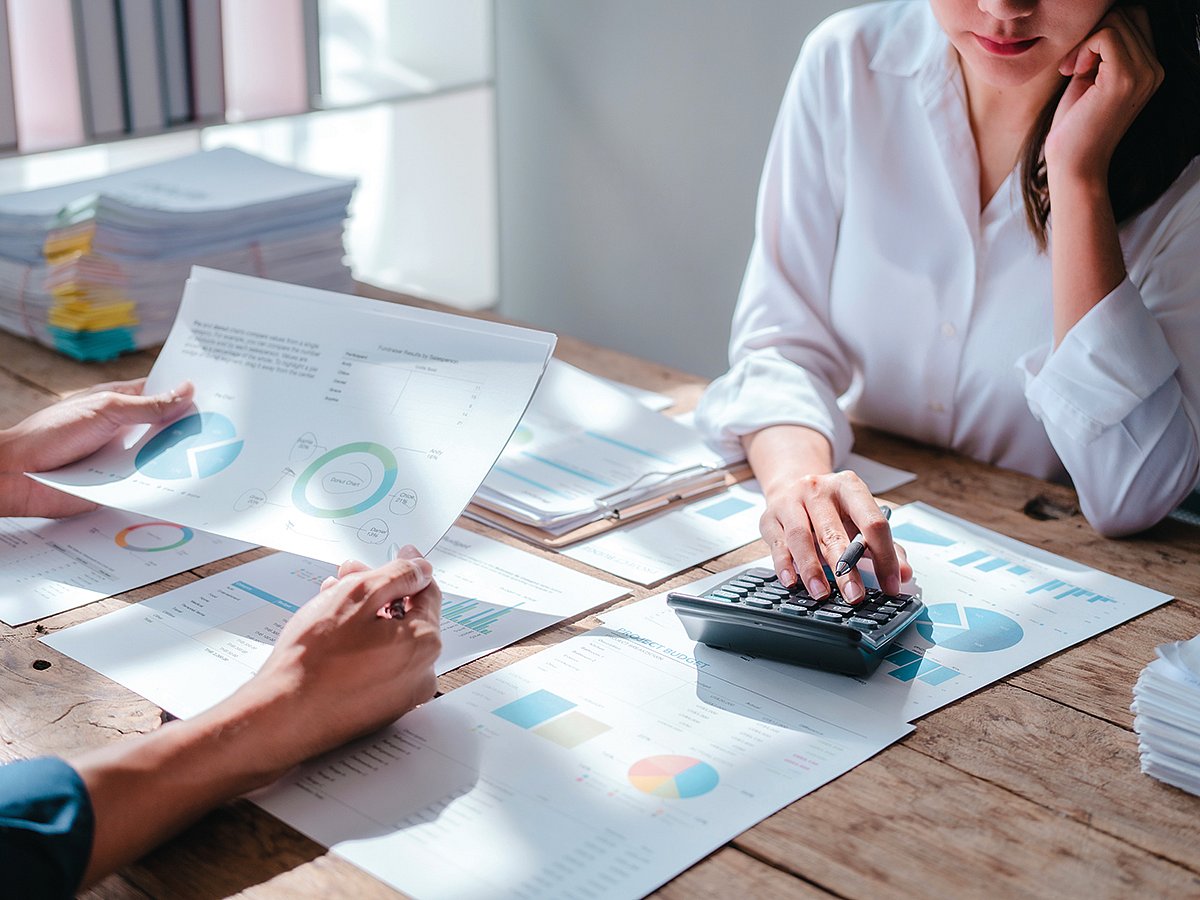VAT: How should UAE businesses factor in barter deals?
Businesses that engage in exchange of goods or services need to be doubly sure

It is a common knowledge that VAT is applicable on the supplies of goods or services for consideration. ‘Consideration’ could be monetary, non-monetary or a combination thereof. Transactions which involve an exchange of goods and/or services between the parties are referred to as ‘barter transactions’.
For example, a VAT-registered social media influencer promotes a UAE restaurant in exchange of meals.
The Federal Tax Authority (FTA) has recently clarified (VATP042) that barter transactions involve at least two supplies, i.e. each party makes a supply to the other. Though the supplies are subject to general VAT rules, special valuation rules apply for barter transaction.
The non-monetary portion of the two supplies should be valued at the open market value as per the prescribed methods. Both parties to a barter should also issue tax invoices to each other, wherever applicable.
Identifying a barter transaction
A barter transaction essentially necessitates that the parties thereto consider the mutual supplies as valuable. It is not important that both parties should be VAT-registered.
The FTA clarification has put the spotlight on an important aspect of UAE VAT compliance – identifying whether a barter transaction exists or not?
When a social media company permits access to its platform only in exchange of users’ sign-up data such as age, location and preferences, is the access free or does a barter transaction exist? The Italian tax authority has reportedly classified it as a barter transaction and is seeking to recover underpaid VAT aggregating to 900 million euros since 2015.
When a leading grocery chain prints discount coupons of fast-food outlets behind its customer receipts, does a barter exists? The outlets potentially receives value in the form of advertising and increased customers. The grocery chain makes its sales more attractive in the otherwise competitive grocery market.
In the food delivery business, the delivery companies often promote restaurants on their platforms in exchange of restaurants agreeing to participate in their discount campaigns. Would a barter exist because both parties gain from the mutual supplies?
Certain UAE companies are providing ‘free’ services to pick up old household and junk material. The supplier companies receive valuable material - which can be resold – for their services. Is the service truly free or is essentially a barter?
Businesses needs to determine the true nature of barter in similar other scenarios. If a barter exists, businesses may have risk of VAT arrears along with administrative penalties. If no, the input credit eligibility may still need a review for the ‘free’ supplies, i.e., without consideration.
Value of barter supplies
In a barter, the market value of the non-monetary consideration should be that of similar goods/services - or the replacement cost thereof – when supplied between unrelated parties. The FTA clarification provides sequential methods to determine the market value.
A subtle nuance needs attention. If the parties attribute a monetary value to their mutual supplies, will it still be considered as a non-monetary consideration? In other words, is the market value still required if the parties to a barter are already unrelated and have agreed to a value for their mutual supplies?
To illustrate, a VAT-registered social media influencer supplies marketing services for a month to a clothing manufacturer in exchange of, say, five dresses. The market value of the influencer’s services is otherwise, say, Dh10,000. As the two parties are free to negotiate and agree on a value, could the parties agree that the discounted monetary value of their mutual supplies is only Dh8,000?
If the parties to a barter are otherwise eligible for 100% input credit recovery, the value of the non-monetary consideration should not impact their net VAT positions.
As VAT is a tax on transaction, the nature of transaction determines the tax implications and compliance requirements. UAE businesses should review and ensure that their business transactions are compliant with the tax laws to avoid any future penalties.
Network Links
GN StoreDownload our app
© Al Nisr Publishing LLC 2026. All rights reserved.